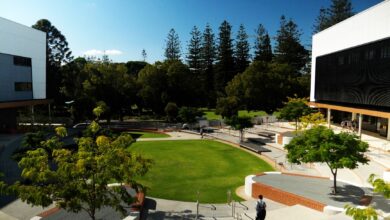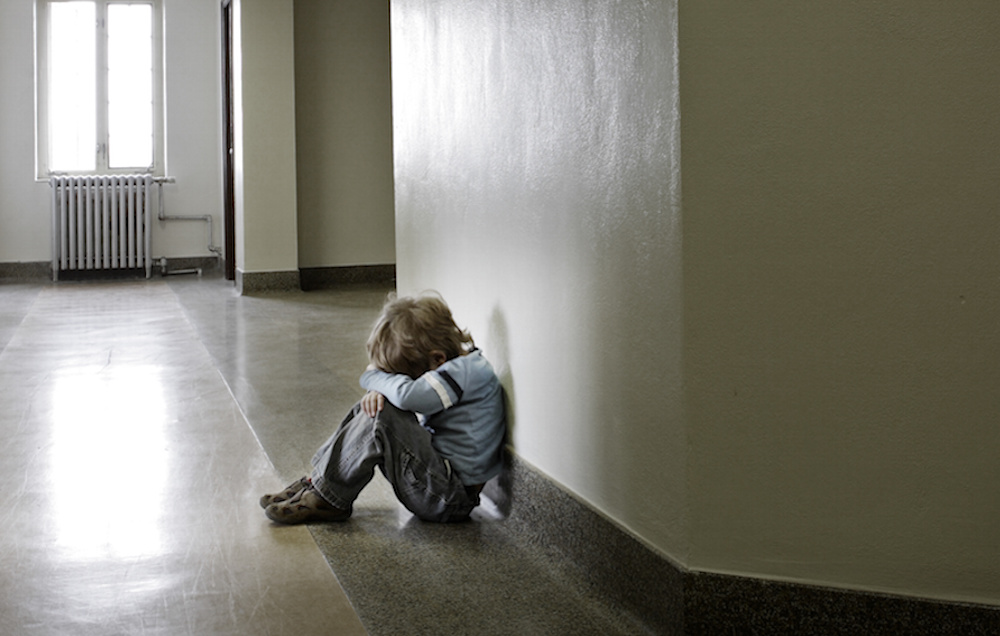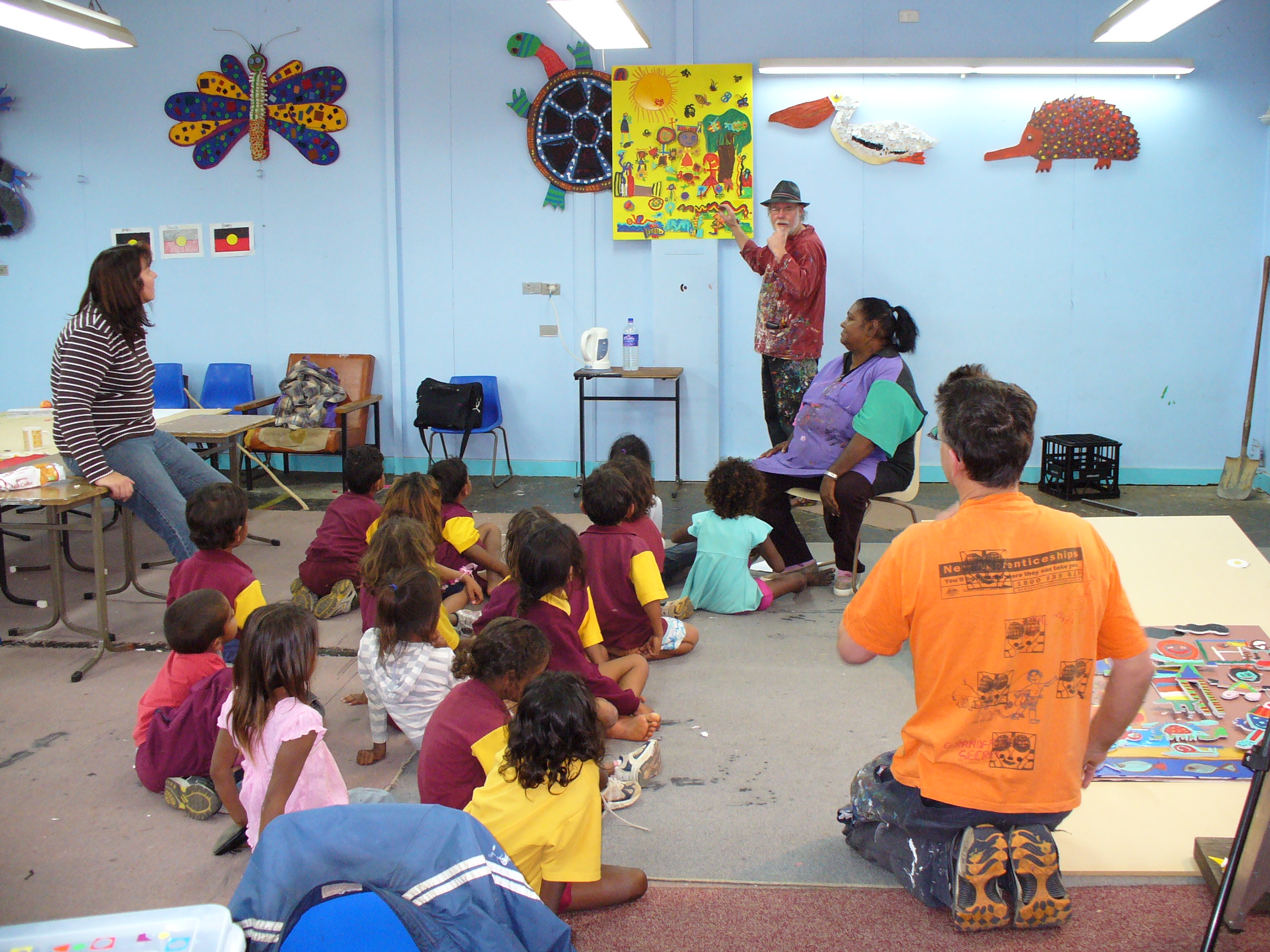Six tips for managing exam stress

With more pressure on our students to perform, knowing how to deal with the pressure of exams is essential for wellbeing and success.
Why stress is good
Experiencing stress before exams is a good thing! Stress causes adrenaline to pump and allows us to work longer hours and stay on task more. A 2013 study from Daniela Kaufer and Elizabeth Kirby at the University of California, Berkeley, found that small doses of stress can propel us forward and enable us to meet a challenge. As a time frame gets closer so the stress rises. This is natural and normal and managing it is important. Too much stress can have a negative effect on the memory. Of course memory is essential in an exam – ultimately students are required to remember what they have learned and to apply their knowledge to answer the questions.
Ideas for students in the weeks before the exams
Make a plan
Do not leave it to chance. Encourage students to draw up a timetable and stick to it. Place in the important features in first. These include meal times, sports practice, church etc and then add the study around these. If they can, they may wish to lessen their out of school activities for the weeks leading up to the exams and to devote more time to studying.
Learn what you don’t know
Of all the tips, the most important in the last few weeks is to concentrate on learning the information students don’t know. Going over what is known is a waste of time – it might make them feel good, however learning is learning what they don’t know. Pull out old tests, assignments, practice exam papers and learn the questions they got wrong. This sounds simple, however it often very challenging and is the most important tip. Encourage students to ask for help and clarify confusions. Use google to find other teachers’ lessons or search for study notes online to help.
Study in small segments
Rather than working for long periods is better to study for 20 minutes and take a five-minute break. This is especially useful if motivation is lacking or the content is difficult. During the five-minute break, remind students to leave the room so their brain knows they are on a break. Students might choose to stretch, get some fresh air, do a few star jumps, eat some brain food, drink a glass of water and quickly check their social networking sites. To help keep them on track download the iStudyAlarm available for all smart phones.
Eat well
Just as an athlete prepares for the big game or race, eating well in the weeks before exams is imperative. Eating breakfast each day will help minimise the bad stress. Eat smaller meals throughout the day, rather than big meals that take a huge amount of energy to digest. Decrease sugar and caffeine intake and increase water consumption. Research shows eating an apple gives longer sustained focus than a cup of coffee.

Relax
To manage high stress levels, do something each day to relax. It may be as simple as ten long slow breaths two to three times a day, some slow stretching, gentle swimming or jogging, meditation, yoga or any activity that helps the brain unwind and relax.
Avoid screen time when relaxing as the changing images on the screen often cause the brain to go into a fight/flight state of high alert.
Focus on the goal
The weeks before the exam are such a short time in grand scheme of life so invite students to focus on the big picture – the reason they are sitting the exams; to get ahead in life, to get into the course they want next year or whatever their goal is. A helpful activity is to visualise themselves being successful in their exams.
For your free 27 Study Tips poster, please email [email protected]







